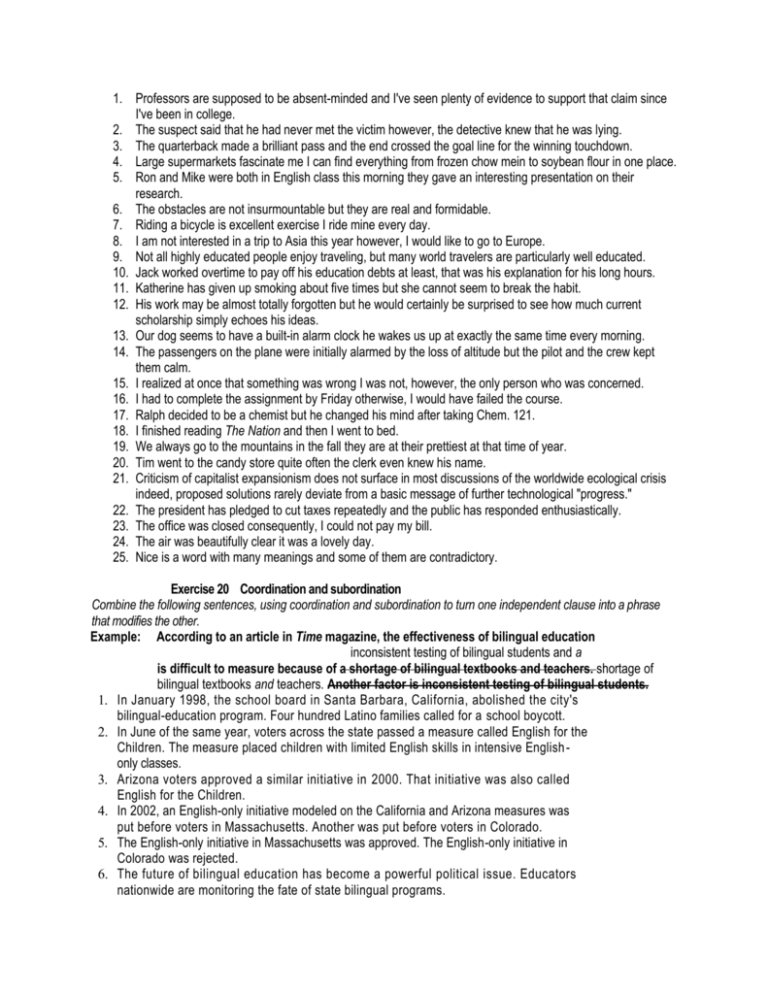

As such, this Article argues for an extension of the Court’s Eighth Amendment individualized sentencing principle to all felony cases. The current consequences for a felony conviction in most states result in dehumanizing effects that extend far beyond release including loss of right to vote, state surveillance, and loss of the right to own a firearm, not to mention social stigma. Felony convictions, however, are serious too.

The seriousness of the sentence in question, life without parole, also factored into the Court’s decision to extend the individualized sentencing requirement to juvenile life without parole cases. Specifically, the Court held that juvenile offenders also were unique-in their capacity for rehabilitation and their diminished culpability-such that they too deserved individualized sentencing determinations. In 2012, the Court expanded this Eighth Amendment concept to juvenile life-without-parole sentences in Miller v. Because the death penalty is “different” in its seriousness and irrevocability, the Court required the sentencing court, whether judge or jury, to assess the individualized characteristics of the offender and the offense before imposing a sentence. Ohio, the Court expanded this principle to hold that defendants in capital cases were entitled to “individualized sentencing determinations.” The Court’s reasoning in both cases centered on the seriousness of the death penalty. North Carolina, the Supreme Court proscribed the use of mandatory death sentences.


 0 kommentar(er)
0 kommentar(er)
